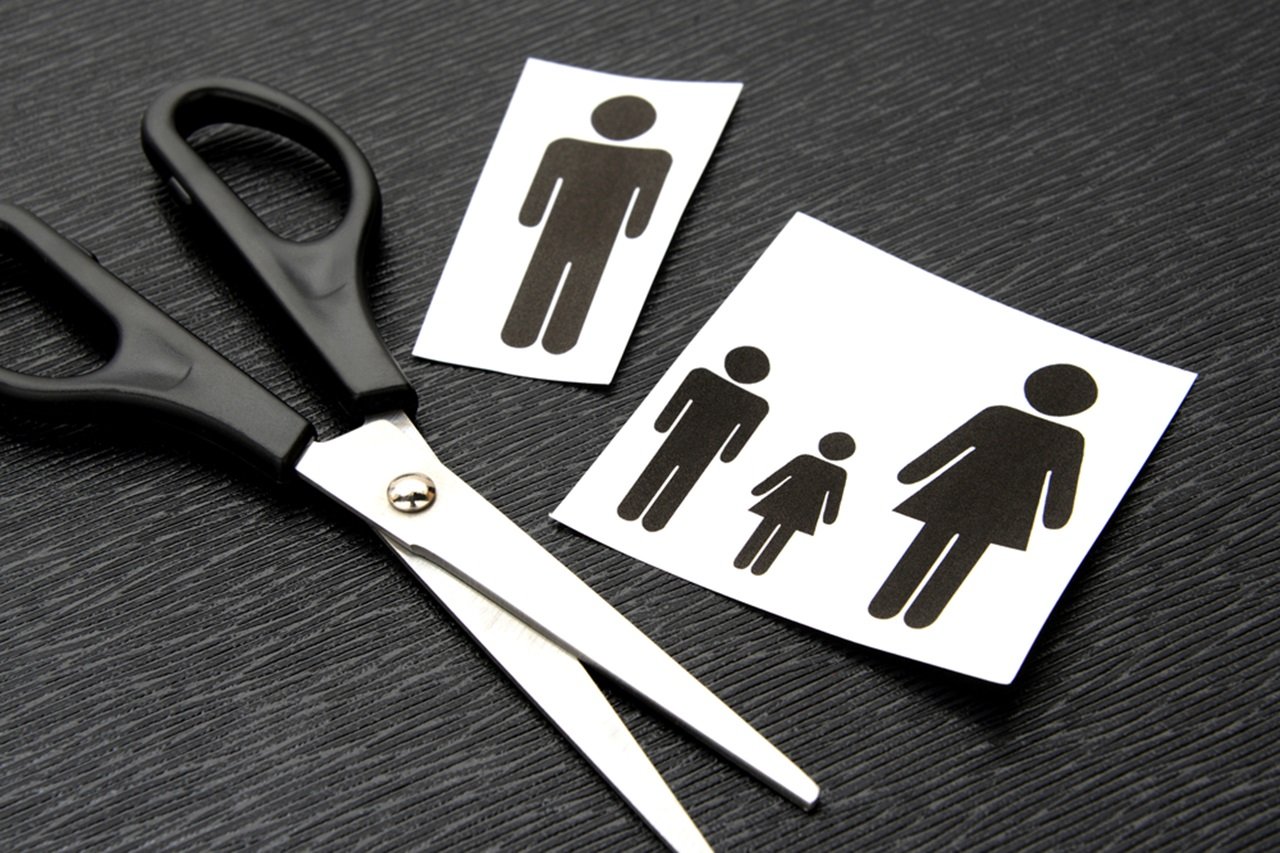
Dysfunctional Families Because of Addiction
The simplest way to describe dysfunctional families caused by addiction is to compare it to an out-of-control fire that breaks out in a house, affecting nearby houses in the process. Since treating a patient alone is ineffective, many rehab centers place equal emphasis on the patient’s family during their recovery. Since treating a patient alone is rarely a successful form of therapy, overcoming addiction issues frequently emphasizes the family as well as the patient’s recovery. Let’s talk about the telltale indications of addiction-related dysfunctional families. With this article’s assistance, you can also determine whether you are among those who treat addicts incorrectly.
When it enters the home, addiction is a sickness that affects more than just the addict. It also has an impact on the other residents who live with the individual. A person experiences both physical and psychological effects when they begin misusing drugs. The severe effects on their social health often lead to tense relationships with their loved ones. The rehab facility at the Nasha Treatment Clinic in Lahore may help you heal your broken relationships by providing family counseling and assistance. With expert coaching, families may change dysfunctional dynamics and unite around rehabilitation. I’ve discovered that living with a drug addict increases one’s risk of developing mental, bodily, and social illnesses.
Like an addict, they start to feel uneasy. They can no longer live in harmony with their surroundings, even in sobriety. Numerous studies show that ongoing stress related to mental health issues causes emotional dysregulation in humans. Individuals who care for their loved ones also appear to have dysregulated emotions.
I had the opportunity to visit the Nasha Treatment Clinic, a Lahore rehabilitation facility that has been treating addiction for many years. It also helps families that have become dysfunctional as a result of addiction. In this post, we’ll talk about how a family member’s addiction affects everyone and what to do when you’re dealing with an addict.
Shame and guilt
A handful of an addict’s family members experience the shame and remorse the addict instills in them. Addicts begin to blame themselves for every situation they find themselves in as they rationalize and externalize their addicted behavior towards family members. Family members’ self-esteem thus begins to decline daily. As a result, they often suffer from illnesses or develop chronic conditions. Families should reconsider their belief that they had nothing to do with their loved one’s addiction, according to Nasha Treatment Clinic Lahore. It occurs as a result of both a biological defect and a mental illness. Although the family is not to blame for the addiction, they can be extremely helpful in helping the patient escape toxic shame and guilt and move towards a healthy life.
Fear
Addictions control the entire family and make them fearful. During their active addiction, addicts often violate and vandalize, which makes family members scared and keeps them a step away from help. Fearful family members remain silent in order to avoid a confrontation with the patient over their bad behavior. We advise families to confront addicts about their undesirable and harmful behaviors. Understanding how neuroscience treatment for addiction functions provides a compassionate and efficient approach to supporting recovery for families. Fear prevents families from supporting their loved ones in their addiction recovery. Family members who are treating an addict must be bold and confident.
Facilitating
Because our society lacks knowledge about addiction, families often mistreat their patients by providing them with unnecessary support. They always intend to impress the patient by being courteous, compassionate, and accommodating to their irrational demands while still making an effort to make them happy. The family expects the addict to stop abusing drugs while they take care of everything else. However, because the family does not rely on the patient quitting drugs after he develops an addiction, they continue to fail. Only science can provide treatment for addiction. Families should stop supporting or idolizing the addict, according to science, because doing so only dysfunctional illness.
Inciting
In situations where a small number of family members support the addict, other people set them off. Family members can no longer control their provocative behaviors because their loved one’s addiction has caused them to become emotionally dysregulated. They become agitated and begin calling the addict poor, using harsh language, taunting him, and occasionally using abusive language if they witness him in poor health. Patients in addiction treatment recovery have chores to complete in order to develop accountability and effectively prevent relapse. According to science, an addictive behavior or a stimulating family member is what triggers the addiction. An addict, when provoked, uses the prompting as a justification for his addictive behavior. Effectively guiding the family of an addict to cease provocation and initiate assertive interactions with the addict allows them to engage with the patient on a rational, not an emotional, level.
In summary
It is highly focused on educating families of addicts since it is important to understand the critical role that the households play in helping addicts recover from their addiction. Nasha Treatment Clinic Lahore works with the addict’s family and emphasizes family training in addition to patient recovery. This indicates that the addict’s family bears approximately half the burden for the entire treatment process. In summary, family is the most important, reliable, and successful support system during the process of recovering from addiction.


